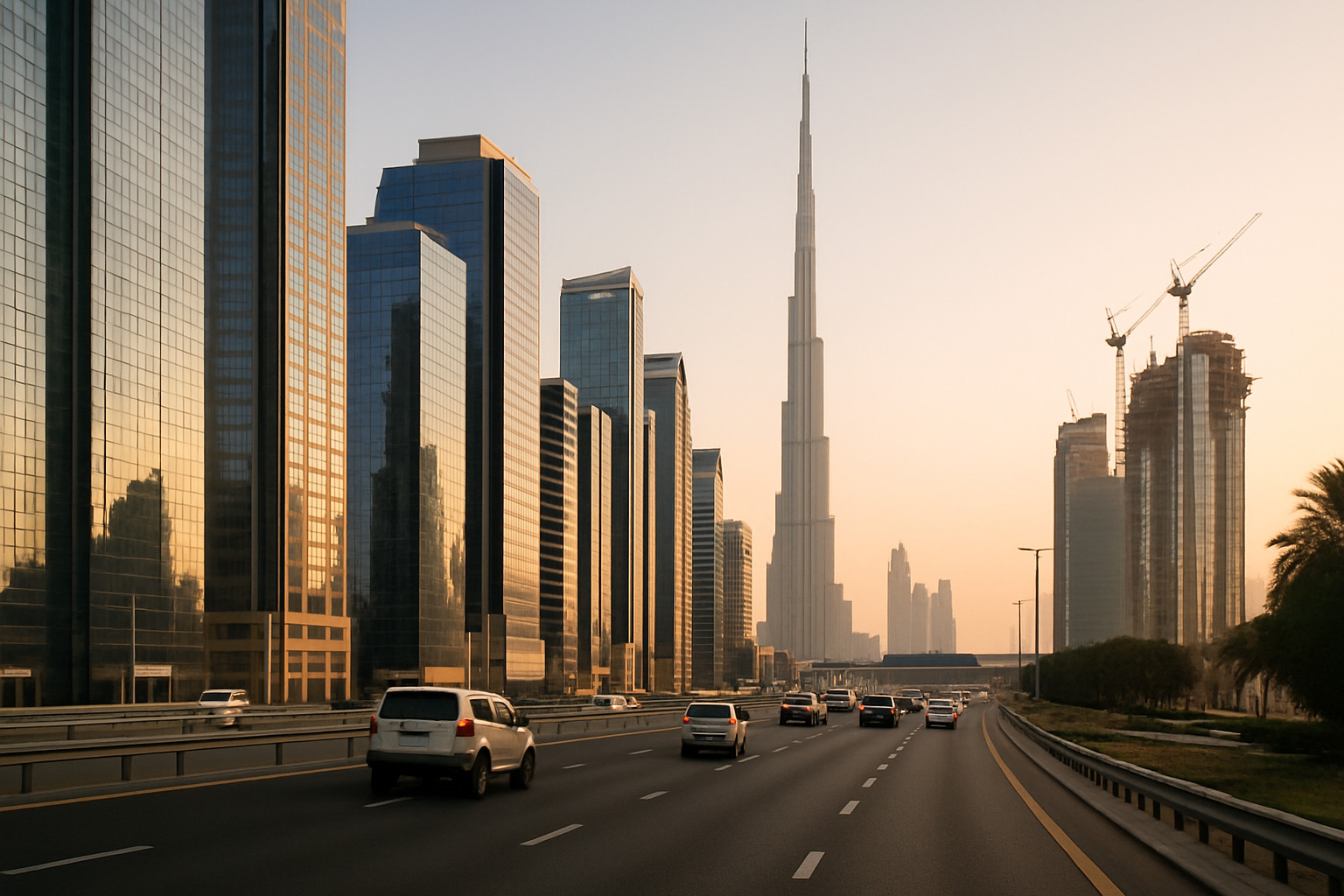Dubai will implement nine policy and infrastructure changes in October, from the Dubai Fountain’s return on Oct. 1 to Global Village’s reopening on Oct. 15, alongside new travel and professional licensing rules.
Several of these are already in force: Emirates has begun enforcing its ban on using power banks on board, the UAE Fuel Price Committee announced the rise of petrol and diesel prices for October, and a new U.S. visa integrity fee is now in effect.
The mix of policy and consumer changes comes as the city's leisure industry keeps broadening, allowing visitors to play at an online casino in Dubai or take a skydiving flight over Palm Jumeirah. The two extremes capture how Dubai’s economy continues to evolve on multiple fronts.
That broad activity coincides with new travel measures introduced this month. Emirates’ new cabin-safety rule, introduced on Oct. 1, prohibits passengers from using power banks during flights after a safety review on lithium-battery overheating risks. The same day, the United States introduced a $250 visa integrity fee for non-immigrant applicants, adding to the existing $185 charge for UAE travellers and increasing overall costs for frequent visitors.
The tightening of travel procedures reflects wider moves abroad, with the European Union preparing to launch its Entry/Exit System (EES) in October to record biometric data from non-EU visitors. The scheme, managed by the European Commission’s Directorate-General for Migration and Home Affairs, aims to automate passport controls and strengthen oversight of foreign arrivals across the bloc.
Domestically, Dubai has also moved to tighten regulation in construction and engineering. Law No. 14 of 2025, which took effect this month, standardises licensing for consultancy offices through the Invest in Dubai digital platform. The measure is designed to improve compliance and transparency in a sector that continues to drive the emirate’s growth through large-scale infrastructure projects.
Mobility improvements are also coming into focus. A direct non-stop bus route between Dubai and Abu Dhabi began operating in early October, linking Al Quoz with Mohammed bin Zayed City. The new service shortens travel time between the two emirates and is part of a wider effort to encourage public transport use. In the same week, a 300-metre bridge opened near the Mall of the Emirates, easing congestion in the Al Barsha district and cutting access time to the shopping complex to about one minute. Both projects form part of the Roads and Transport Authority’s plan to enhance city connectivity ahead of the winter season.
Transport upgrades come as costs tied to fuel and mobility continue to fluctuate. Higher fuel prices feed into wider market sentiment, with energy trends remaining a key influence across the Gulf. Earlier this month, Dubai crude premium rebounded, reflecting stronger demand for Middle Eastern oil grades as regional output levels held steady. The adjustment in retail fuel rates affects commuting costs and logistics operations while signalling continued sensitivity of domestic pricing to global oil benchmarks.
Dubai’s entry and residency framework widened this month. The Federal Authority for Identity, Citizenship, Customs and Ports Security announced new visit-visa categories for professionals in artificial intelligence, entertainment, events, cruise operations and leisure boats. The initiative opens additional pathways for specialists seeking short-term entry to the UAE and supports Dubai’s aim of attracting skilled labour and investment. The move complements previous reforms under the city’s D33 economic strategy, which targets a doubling of foreign direct investment and a continued expansion of knowledge-based industries.
Together, these October measures highlight Dubai’s dual focus on governance and growth. While regulatory steps such as the engineering law and aviation safety rules strengthen oversight, infrastructure and tourism investments continue to expand the city’s global profile.
Further measures are expected before year-end, including sustainability initiatives and expanded digital services under the Smart Dubai programme. The pace of reform shows policy, commerce and leisure continuing to advance together in one of the world’s fastest-developing cities.


